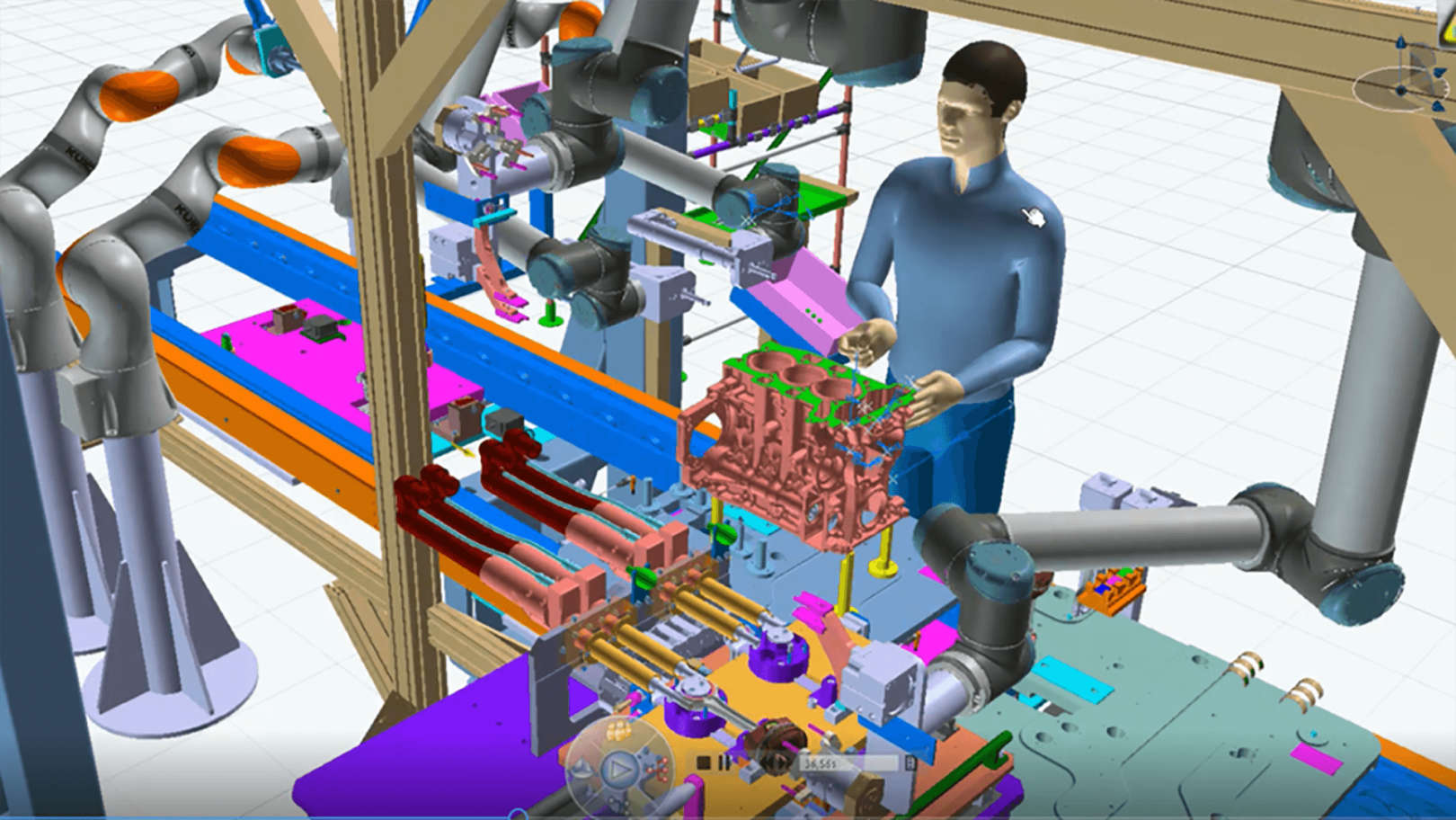Sobre
João Bastos é Professor Adjunto do Departamento de Engenharia Mecânica do ISEP - Politécnico do Porto. É licenciado em Engenharia Mecânica pela FEUP, é Mestre em Engenharia Electrotécnica e Computadores no ramo de Informática Industrial na FEUP, e obteve o Doutoramento do Programa Doutoral em Engenharia Industrial e Gestão - PRODEIG na FEUP na área do planeamento distribuído. As suas áreas de interesse são: Gestão de Redes de Fornecimento; Planeamento Distribuído; Optimização de sistemas produtivos. É investigador do Instituto Nacional de Sistemas e Computadores do Porto - INESC TEC Laboratório Associado e participa em vários projectos de investigação. Participa e publica em conferências internacionais e nacionais bem como em revistas.


